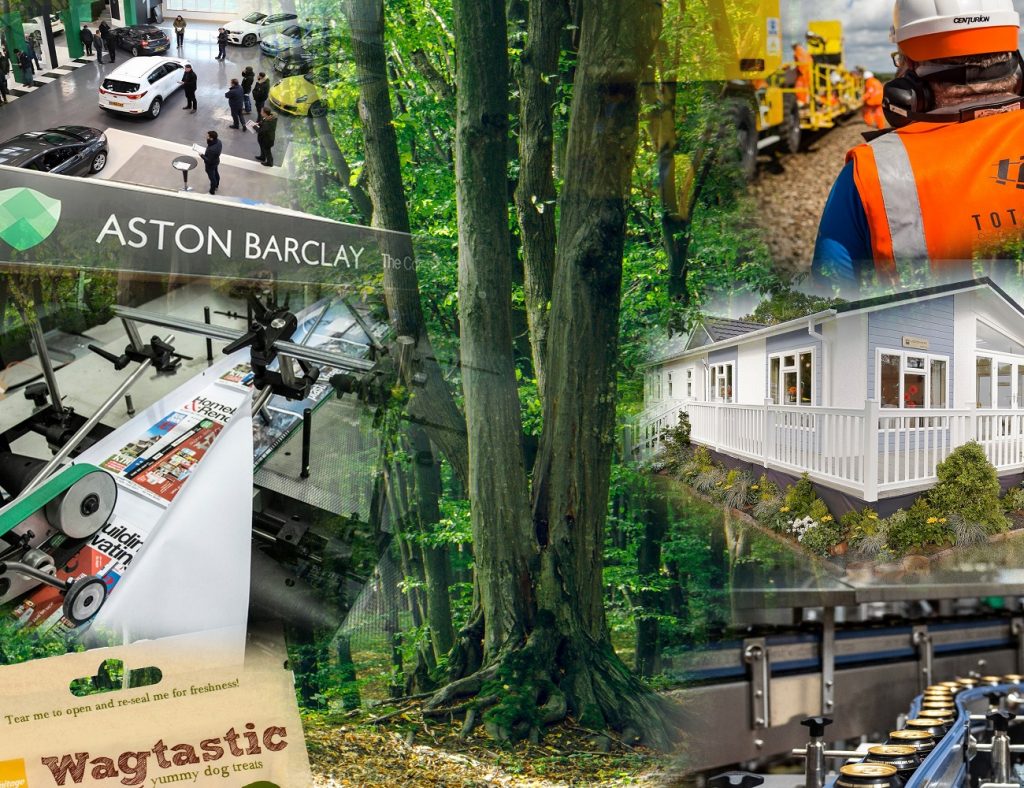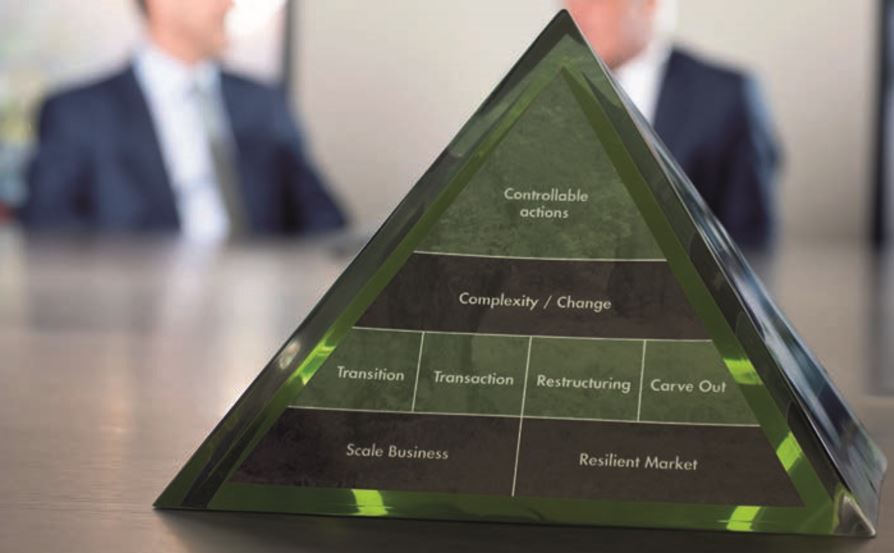
Investment Criteria
Deal size:
Rutland Partners focuses on businesses headquartered in the UK worth £20-150 million and needing £10-50 million of equity.
Sectors:
We focus on specific business opportunities rather than any particular sector, although as a rule we normally avoid investments where success is likely to depend on external events rather than controllable actions.
Transaction types:
We consider all later stage transaction types including MBOs, MBIs, IBOs, P2Ps, complex carve-outs, secondary purchases and replacement capital.
Often we invest in businesses that have great potential, special situations that are trapped in negative thinking or the wrong ownership structure. Invariably, they’re fighting short-term problems instead of looking for ideal outcomes. We like to think we can change that mindset by coming in with a blank sheet of paper and saying, ‘What would it take for you to be as competitive as you can be in three years’ time?’ Then we can focus on shared objectives and invest to change things for the better.

What Makes a Rutland Deal
A Rutland deal can best be explained using our Deal Pyramid, which identifies the criteria necessary for Rutland to invest in a business.
The base of the pyramid identifies the first two areas that we assess; scale of the business relative to the markets in which it operates and resilience of the market, one not subject to structural change or fundamentally volatile.
The second level of the Pyramid considers what the change opportunity is, which we categorise under four headings; Transition, Transaction, Restructuring and Carve-out.
Once the change opportunity is identified we consider the level of ‘Change and Complexity’ involved in the deal.
The final piece is ‘Controllable Actions’; being clear that the actions and plans needed to deliver the change are within the control of the management team and the Board during Rutland’s investment period.



